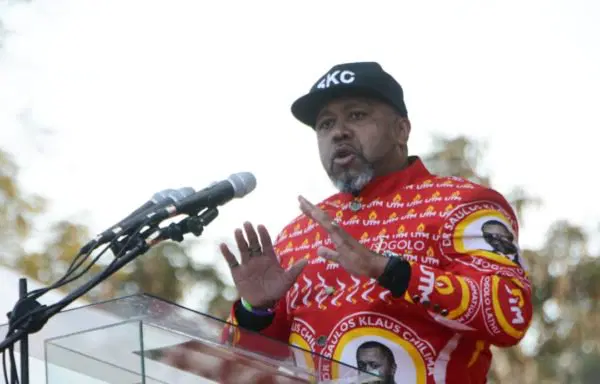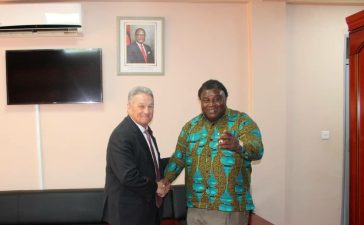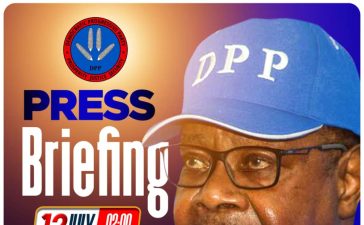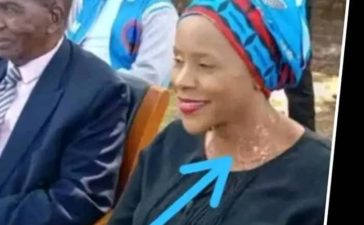Malawi’s top political analysts have written off Vice President Saulos Chilima politically saying the second in command has lost his political capital following his arrest over corruption charges recently.
Chilima was slapped with six counts by the Anti-Corruption Bureau (ACB) who are accusing him of collecting money and gifts from British businessman of Malawian origin Zunneth Sattar. The aim of the monies and gifts, so the ACB claim was aimed at influencing or inducing Chilima to help Sattar Companies to secure multi-billion Kwacha contracts with the Malawi Police Service and Malawi Defence Force.
Following this arrest, political analysts say it has put a dent in his political future, especially his potential presidential bid in 2025. Chrispin Mphande, Mzuzu University Political Science Lecturer says it will take the courts to clear him if he is to survive in the political game.
On his part, another seasoned political commentator was more measured in his analysis but again delivered the same verdict as Mphande saying the charges have destroyed his political aspirations despite being innocent until proven guilty.
He said: “The challenge that [Chilima] has now is to maneuver to deal with his angry supporters who will keep getting angrier by the day.
“We are also going to witness a change of allegiance by party loyalists because their dream of having a president is now fading.
“Politically the Vice-President is in a very difficult position.”
Another well-known political analyst Ernest Thindwa said regardless of the outcome of his case, Chilima’s image will remain dented.
He said: “While he should be presumed innocent until proven guilty, his public and political brands have been, to say the least, dented.”
The VP faces three counts of corrupt practices by a public officer contrary to Section 24(1) of the Corrupt Practices Act, two counts of receiving advantage for using influence in regard to contracts contrary to Section 29 (1) (b) of the Corrupt Practices Act.













